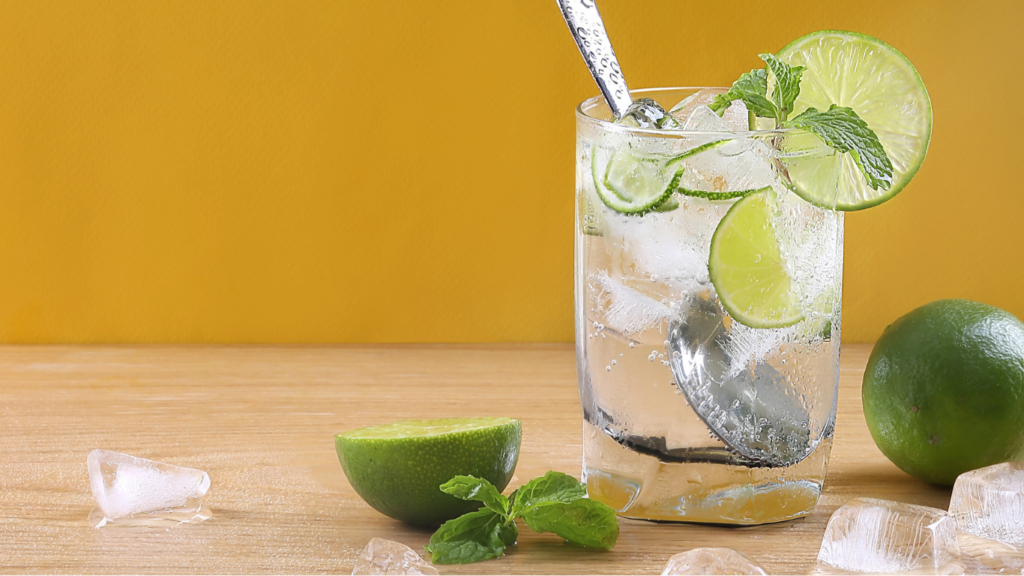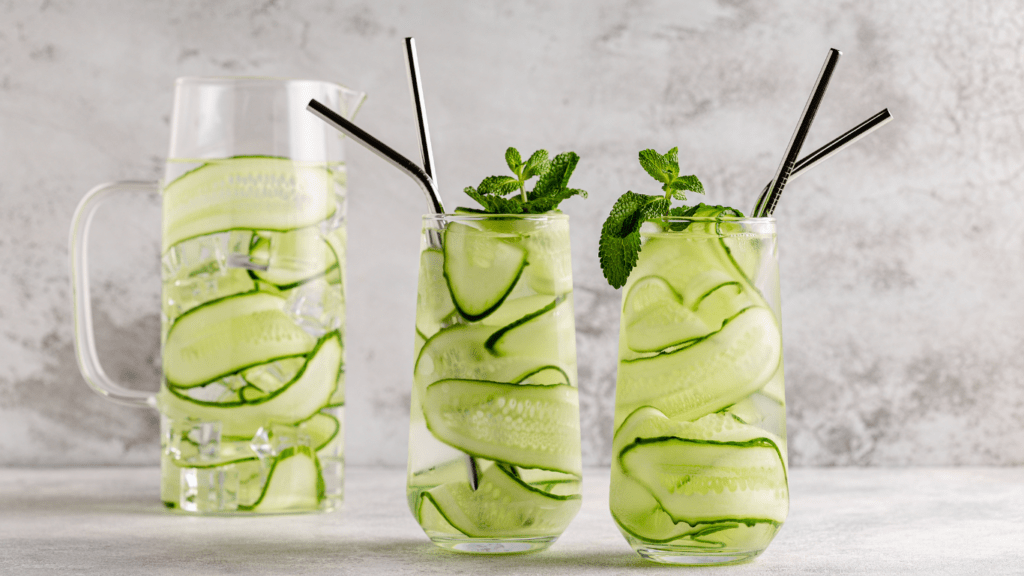The Importance Of Hydration
Hydration plays a critical role in maintaining bodily functions. Every cell, tissue, and organ in the body depends on water. It’s involved in temperature regulation, joint lubrication, and waste removal. Dehydration, even mild, can hamper physical and cognitive performance.
Water assists in nutrient transportation. It helps dissolve minerals and nutrients, making them accessible for the body’s needs. Without adequate hydration, nutrient absorption can suffer.
Optimal hydration supports skin health. It aids in keeping the skin’s elasticity, reducing dryness and promoting a healthy appearance. It’s particularly vital for those exposed to dry climates or active outdoors.
Maintaining hydration contributes to digestion and regular bowel movements. Insufficient water can lead to constipation and sluggish digestion. It’s essential for producing saliva and gastric secretions, which are crucial for the digestive process.
Kidney function relies on adequate water intake. The kidneys filter blood, removing waste products and excess substances, ultimately creating urine. Without enough water, this filtration process becomes less efficient, leading to potential build-up of waste and strain on the kidneys.
Energy levels and mood can be directly affected by hydration status. Dehydration can cause fatigue, headaches, and impair concentration. Drinking enough water helps maintain mental clarity and overall energy levels.
Hydration aids in exercise and physical activity. Muscles require water to perform optimally, and staying hydrated can prevent cramps and facilitate recovery. It’s particularly important for athletes and those engaged in intense workouts.
Recognizing the importance of hydration helps prioritize daily water intake. Ensuring optimal hydration supports overall health, enhances physical performance, and promotes well-being.
Common Myths About Water Intake
Hydration myths are widespread. I’ll debunk two of the most common ones to give clarity.
The 8×8 Rule
The 8×8 rule suggests drinking eight 8-ounce glasses of water daily. This claim lacks scientific backing. Water needs vary based on individual factors like age, activity, and climate. Rigid adherence to this rule might not account for differences in dietary water sources or bodily functions. For instance, fruits and vegetables such as cucumbers and watermelon contribute significantly to daily hydration.
Coffee And Dehydration
Many believe coffee dehydrates due to its caffeine content. Though caffeine is a mild diuretic, studies show moderate coffee consumption doesn’t cause dehydration. The water in coffee compensates for its diuretic effect. Therefore, enjoying a few cups daily can still contribute to overall hydration.
Factors Influencing Water Needs
Hydration needs depend on various factors that can significantly alter daily water requirements. Understanding these factors helps tailor water intake to individual needs.
Age And Gender
- Different age groups and genders have varying hydration needs.
- Children might need less water due to their smaller body size, while older adults may need more due to a diminished sense of thirst and potential medication use.
- Women generally have lower water requirements than men due to differences in muscle mass and fat composition.
- Pregnant or breastfeeding women need additional water to support fetal development or milk production, respectively.
Physical Activity
Physical activity increases the body’s water needs. When exercising, the body loses water through sweat, requiring more fluid intake to stay hydrated. The more intense and prolonged the activity, the greater the water loss. Athletes or individuals engaging in high-intensity workouts might need to consume more water before, during, and after their activities to maintain optimal performance and prevent dehydration.
Climate And Environment
Climate and environmental conditions play a crucial role in determining water needs. Hotter climates increase sweat production, leading to greater fluid loss, while high altitudes can cause rapid dehydration through increased urine production and faster breathing rates. Humid conditions can also augment water loss as the body works harder to cool down. Conversely, cold environments might mask the sensation of thirst, increasing the risk of dehydration.
Hydration Hacks For Daily Life

Staying hydrated involves more than just drinking plain water. I’ll share a few innovative tricks that can help make hydration a seamless part of your daily routine.
Infused Water Recipes
Infused water can enhance your hydration experience by adding natural flavors and nutrients. You can make these at home with simple ingredients:
- Cucumber and Mint: Adding slices of cucumber and fresh mint leaves to your water offers a refreshing taste and aids digestion.
- Lemon and Ginger: Squeeze fresh lemon juice and add a few slices of ginger for an immune-boosting drink that stimulates digestion.
- Berry Blast: Mix strawberries, blueberries, and a couple of basil leaves for a naturally sweet drink rich in antioxidants.
- Citrus Delight: Use slices of orange, lemon, and lime to create a vitamin-C-packed hydration option.
These recipes make water more enjoyable, encouraging you to drink more throughout the day.
Hydration Tracking Apps
Using technology can simplify tracking your daily water intake. Several apps can assist:
- My Water: This app allows you to set personalized hydration goals, log your water intake, and receive reminders throughout the day.
- Hydro Coach: Hydro Coach offers detailed insights into your hydration habits and syncs with your fitness tracker.
- Waterlogged: Waterlogged enables you to track your water consumption through photos and offers visual reminders to stay hydrated.
- Plant Nanny: Plant Nanny makes hydration fun by linking your water intake to the growth of a virtual plant.
These apps can help you stay on top of your hydration goals more efficiently.
Signs Of Dehydration
Recognizing dehydration’s signs is crucial for maintaining health. Dehydration can affect bodily functions and overall well-being.
Physical Indicators
Dehydration can manifest through various physical indicators. Thirst is an early sign that the body needs water. Dark yellow urine often indicates insufficient fluid intake. Dry mouth, chapped lips, and skin dryness can also signal dehydration. In severe cases, dizziness or lightheadedness may occur due to low blood pressure from insufficient fluids.
Health Consequences
Prolonged dehydration has serious health consequences. It can lead to urinary and kidney problems, including urinary tract infections and kidney stones. Dehydration may exacerbate chronic conditions such as asthma or heart disease. It impacts cognitive functions by causing headaches, impaired concentration, and mood changes. Severe cases can result in heat exhaustion or heatstroke, especially in hot climates or during intense physical activity.


 David Boyd brought valuable insights to News Flip Network, contributing his knowledge in business and technology. His work on streamlining the site’s interface and optimizing backend processes ensured that the platform operates efficiently. Boyd's efforts in integrating advanced tools and managing technical aspects played a significant role in the site's reliable and timely news delivery.
David Boyd brought valuable insights to News Flip Network, contributing his knowledge in business and technology. His work on streamlining the site’s interface and optimizing backend processes ensured that the platform operates efficiently. Boyd's efforts in integrating advanced tools and managing technical aspects played a significant role in the site's reliable and timely news delivery.